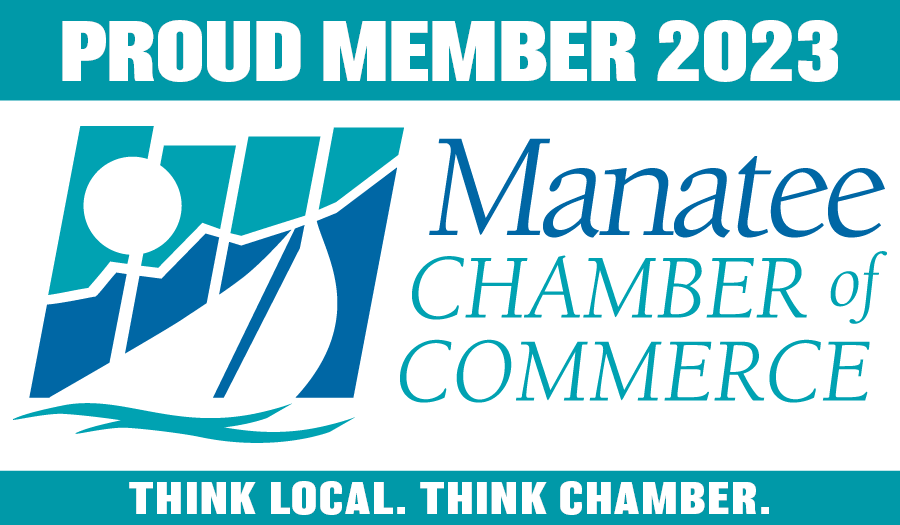SEO. It’s a term that strikes fear in many non-techy small business owners. It’s true that search engine optimization is a complex and ever-changing project. In many cases, it’s also something that’s best left to the pros. However, there are some simple things you can do today to begin improving your website’s rankings. Start with these ten simple small business SEO tips.
1. Understand What SEO Really Is
When you stop looking at SEO as a technical issue and start looking at it as a way to serve your customers, everything becomes a bit clearer. As a business owner, your success or failure depends on your ability to truly understand your customers. You must have a firm grip on the questions they have and the problems they’re facing. Then, you must figure out how to provide them with viable solutions.
A key part of small business SEO lies in providing this information in a way that’s optimized so your customers and prospects can find your solutions when they search for answers on Google (or other search engines).
2. Embrace Long-Tail Keywords
Properly using keywords is one of the ways you can show search engines what your content is all about. You’ll want to start with a primary keyword. This will be the focus of your content. Next, choose some secondary keywords that are related to the primary keyword. Make sure you weave them naturally throughout your content.
Search engine algorithms also now give preference to sites that target keywords that have more than two words in the search query. These are known as long-tail keywords. For example, you may want to choose “leather purse on sale” as your primary keyword, instead of simply “leather purse.” These longer keywords have less competition, so they’re easier to rank for. In addition, they more clearly demonstrate search intent.
3. Understand Search Intent
Search intent is a fancy way to say, “what a person is looking for.” Continuing the example above, while there may be fewer overall searches for “leather purse on sale,” the people who are searching for that phrase most likely have the intent of buying a leather purse.
This will weed out people who might be looking for “how to clean a leather purse,” or “leather purse fashion trends.” By doing this, you increase the chances that the people who find your content organically are actually looking for what you’re offering.
4. Create Quality Content
The primary goal of a search engine is to provide users with web pages they want to read. This makes the quality of your content extremely important. When creating blog posts and articles, always make sure they’re genuinely useful and are created with the intent of building a real relationship with your potential customers.
When readers engage with your content by sharing it or leaving a comment, this also shows the search engines that your content is worth showing to others. Taking efforts to get your posts in front of the right people and encouraging your readers to interact will give you an SEO boost.
5. Include Relevant Internal and External Links
When you create content, look for ways to add links to other resources. This makes the page more valuable to readers by allowing you to expand on the topic without going off-track. Ideally, you’ll want to include both internal and external links.
Internal links point to other relevant pages on your website. This will help web crawlers find more content on your site. It may also increase the amount of time readers spend on your site as they click through to a new post and continue reading. This will improve your “bounce rate,” which is also a factor Google uses when determining how to rank pages.
If you don’t have an internal link that will help support your content, link out to high-quality, non-competitor external sources that are both relevant and authoritative.
6. Optimize Your Images
When you upload images to your site, you’ll see a space to add an “alt tag.” This is an example of a meta tag, which is important for your SEO. This tag is meant to help visually impaired users understand what’s happening on a page. However, if you include your keyword, it can also further support your rankings.
7. Don’t Forget Page Titles and Meta Descriptions
Page titles and meta descriptions help search engines better understand what your site is all about. Make sure this information is completed on every page of your site and that it accurately describes what is contained on the page.
8. Check Your Site Speed
The time it takes your site to load can also have a major impact on your site rankings. Most people won’t wait more than a couple of seconds for a site to load. Instead, they’ll just click away and try something else. Google doesn’t want to rank pages that people won’t find useful, so it makes sense that they won’t show slow pages near the top of their search results.
Your page may load slowly if you have a problem with the coding, there are too many redirects, or your site contains images and media files that are too large. If you find that your loading times are slow, consider having a professional take a look.
9. Make Sure Your Site is Mobile-Friendly
More than half the searches done on Google are now done through mobile devices. For this reason, search engines now prioritize sites that are mobile-optimized. If you’re a small business with a local customer base, this is even more important. Many people will look for places to shop, dine, and visit while they’re on the go. If they find your business when doing a mobile search, there’s a good chance they’ll stop by the same day or contact you to ask a question or make a reservation.
10. Build Your Citations and Listings
When your business’s name, address, and phone number (NAP) are listed on other sites, Google and other search engines see this as a signal that you are a real, legitimate business. If you have very few citations or the information isn’t consistent, it raises trust issues. This can have a negative impact on your SEO.
Make sure you have a Google My Business listing and that your business is correctly listed on sites like Yelp. In addition, look for local business directories (like Discover Bradenton) where you can list your business. This will help you get in front of local searchers and further support your SEO efforts.
Get Help with Your Small Business SEO Today
While you can implement many of these small business SEO tips on your own, you might find that it’s worth it to outsource this critical task to a professional.
Whether you need high-quality content, a full-service SEO plan, an optimized Google My Business Page, or something in-between, we can help! Browse through our site for more information or contact us today to discuss your specific needs.



